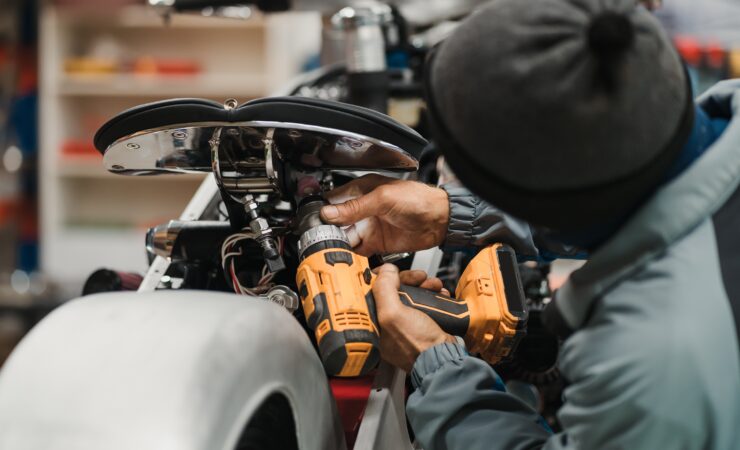While not as glamorous as a gleaming paint job or a roaring engine, your car’s exhaust system plays a crucial role in its performance, efficiency, and environmental impact. It’s a complex network of pipes, mufflers, catalytic converters, and sensors that work together to expel harmful gases, reduce noise, and improve engine performance. If you’ve been noticing strange sounds, decreased fuel efficiency, or the dreaded “check engine” light, it might be time to pay attention to your exhaust system.
The Exhaust System’s Vital Functions
-
Emissions Control: The primary function of the exhaust system is to channel harmful gases produced by the engine away from the vehicle and into the atmosphere. The catalytic converter is a key component that converts these harmful gases into less harmful substances, reducing air pollution.
-
Noise Reduction: The muffler is responsible for reducing the noise produced by the engine. Without it, your car would be incredibly loud.
-
Engine Performance: The exhaust system also helps optimize engine performance by regulating backpressure. Proper backpressure helps the engine expel exhaust gases efficiently, improving power and fuel economy.
Signs Your Exhaust System Needs Attention
- Loud Noises: Rattling, popping, hissing, or roaring sounds from under your car could indicate a leak, loose connection, or damaged component in the exhaust system.
- Decreased Fuel Efficiency: A leak or blockage in the exhaust system can disrupt the flow of exhaust gases, causing the engine to work harder and reducing fuel efficiency.
- Burning Smell: A burning smell from under your car could be caused by a leak in the exhaust system that is burning nearby components.
- Check Engine Light: Many exhaust system problems trigger the check engine light. If you see this light, it’s important to have your car diagnosed by a professional.
Common Exhaust System Problems
- Exhaust Leaks: Leaks can occur in the exhaust manifold, pipes, muffler, or catalytic converter due to rust, corrosion, or damage.
- Clogged Catalytic Converter: A clogged catalytic converter can restrict the flow of exhaust gases, leading to decreased performance and potential engine damage.
- Damaged Muffler: A damaged muffler can cause excessive noise and reduce engine efficiency.
- Oxygen Sensor Failure: Oxygen sensors monitor the exhaust gases and provide feedback to the engine control unit to adjust the air-fuel mixture. A faulty sensor can lead to poor fuel economy and increased emissions.
Total Auto Care: Your Exhaust System Experts
At Total Auto Care, our skilled technicians can diagnose and repair all types of exhaust system problems. We use high-quality parts and state-of-the-art equipment to ensure a proper repair. We can also perform exhaust system inspections to identify potential issues before they become major problems.
Don’t Ignore Your Exhaust System
A malfunctioning exhaust system not only affects your car’s performance but also poses a safety risk due to potentially harmful emissions. If you notice any of the signs mentioned above, or if you haven’t had your exhaust system inspected recently, schedule an appointment with Total Auto Care today. We’ll keep your exhaust system in top condition, protecting your car and the environment.




